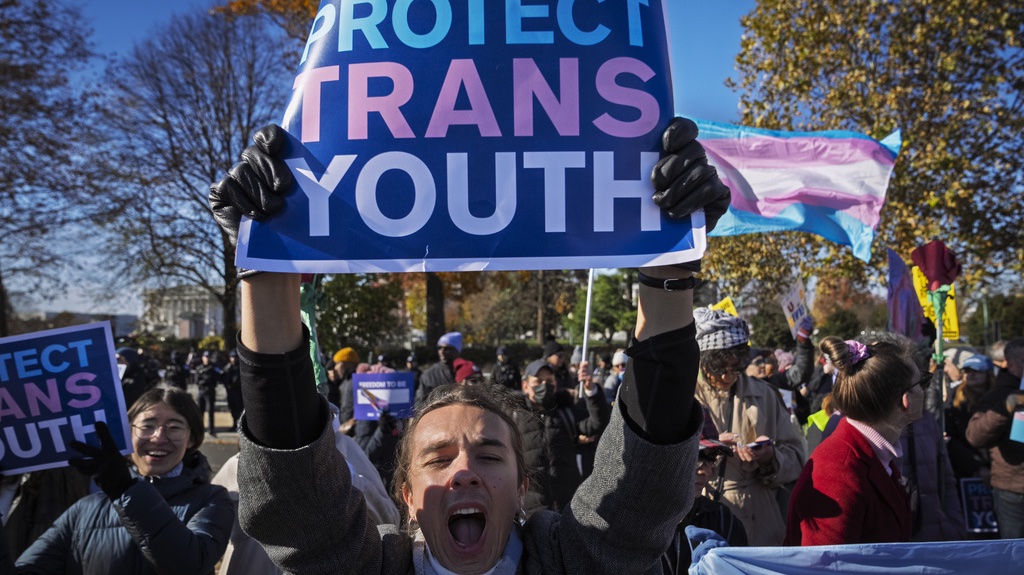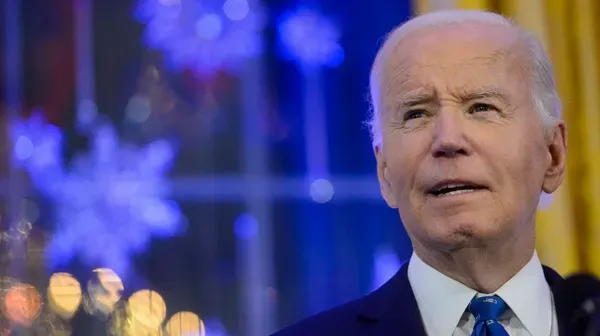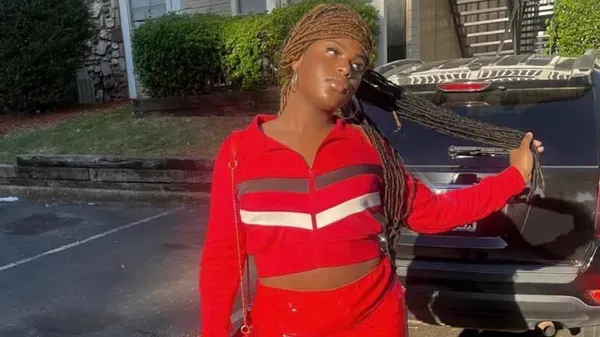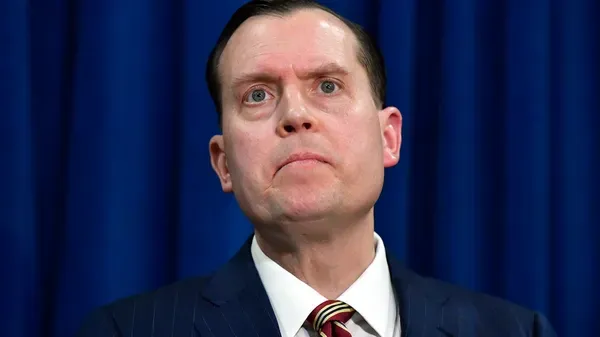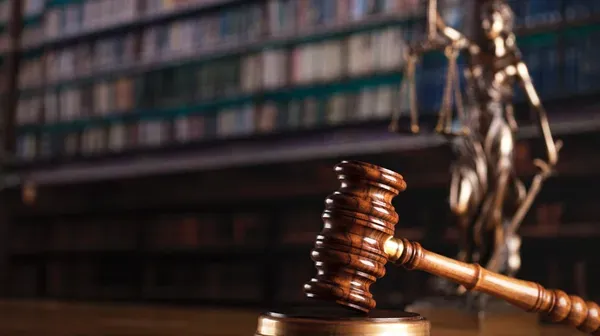
Feb 1
Federal Judge Dismisses Disney's Free Speech Lawsuit Against DeSantis
Mike Schneider READ TIME: 3 MIN.
A federal judge on Wednesday dismissed Disney's free speech lawsuit against Florida Gov. Ron DeSantis, dealing a setback to the company's hopes of regaining control of the district that governs Walt Disney World after it was taken over by the governor's appointees.
U.S. District Judge Allen Winsor in Tallahassee said in his decision that Disney lacked standing in its First Amendment lawsuit against the Republican governor and the secretary of the Florida Department of Economic Opportunity. The judge also said Disney's claim against DeSantis' appointees to the Disney World governing district lacked merit.
Disney said it plans to appeal the federal judge's decision. A separate lawsuit over who controls the district is still pending in state court in Orlando.
Disney had argued that legislation signed by DeSantis and passed by the Republican-controlled Legislature that transferred control of the Disney World governing district from Disney supporters to DeSantis appointees was in retaliation for the company publicly opposing the state's "Don't Say Gay" law. The 2022 law banned classroom lessons on sexual orientation and gender identity in early grades and was championed by DeSantis, who had used Disney as a punching bag in speeches on the campaign trail until he recently suspended his campaign for the 2024 GOP presidential nomination.
Disney supporters had run the district, which provides municipal services such as firefighting, planning and mosquito control, for more than five decades after the Legislature created it in 1967.
Winsor, who was appointed to the bench by President Donald Trump in 2019, said in his decision that Disney didn't have standing to sue the governor because DeSantis already had picked the appointees to the board of the governing district.
"Because Disney seeks injunctive relief, it must allege an imminent future injury ... and it has not alleged facts showing that any imminent future appointments will contribute to its harm," the judge wrote.
In dismissing the claim against the DeSantis appointees to the district's board, Winsor wrote that when a law on its face is constitutional, plaintiffs can't make free-speech claims challenging it because they believe lawmakers acted with unconstitutional motives. The law that revamped Disney World's district didn't single out Disney by name but rather special districts created before the ratification of the Florida Constitution, a group that included the Disney district and a handful of other districts, he said.
"Here, similarly, no one reading the text of the challenged laws would suppose them directed against Disney," the judge wrote. "The laws do not mention Disney."
The DeSantis-appointed chairman of the revamped district, Martin Garcia, called the lawsuit a distraction. He said now that it is behind them, board members can focus on making appropriate changes to the district's operations "to promote transparency and accountability while bringing more prosperity to more people in Florida."
Disney said the case was too important for it to end, with serious implications for the rule of law.
"If left unchallenged, this would set a dangerous precedent and give license to states to weaponize their official powers to punish the expression of political viewpoints they disagree with," Disney said in a statement.
The governor's press secretary, Jeremy Redfern, said the judge's decision supported DeSantis' belief that Disney doesn't have a right to its "own special government."
"The days of Disney controlling its own government and being placed above the law are long gone," Redfern said.
Before control of the district changed hands from Disney allies to DeSantis appointees early last year, the Disney supporters on its board signed agreements with Disney shifting control over design and construction at Disney World to the company. The new DeSantis appointees claimed the "eleventh-hour deals" neutered their powers, and the district sued the company in state court in Orlando to have the contracts voided.
Disney has filed counterclaims that include asking the state court to declare the agreements valid and enforceable.
Since the takeover of the district by the DeSantis appointees, about 50 of its 370 employees have departed, with many complaining that the district has become politicized and the backgrounds of the five DeSantis appointees have been distracting.
Disney, which employs more than 75,000 workers in central Florida, has said it plans to make $17 billion in investments at Disney World over the next decade that will create an additional 13,000 jobs.
But Disney CEO Bob Iger last year described the actions taken by DeSantis and the Florida Legislature as "anti-business" and "anti-Florida." Last year, Disney scrapped plans to build a new campus in central Florida and relocate 2,000 employees from Southern California to work in digital technology, finance and product development following a year of attacks by DeSantis and Republican lawmakers.
